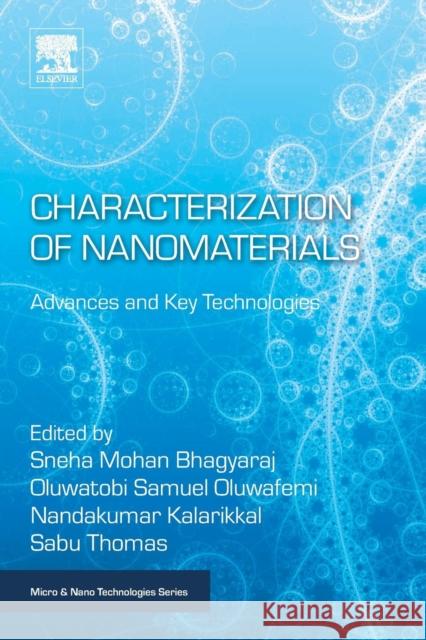Characterization of Nanomaterials: Advances and Key Technologies » książka
topmenu
Characterization of Nanomaterials: Advances and Key Technologies
ISBN-13: 9780081019733 / Angielski / Miękka / 2018 / 390 str.
Kategorie:
Kategorie BISAC:
Wydawca:
Woodhead Publishing
Seria wydawnicza:
Język:
Angielski
ISBN-13:
9780081019733
Rok wydania:
2018
Numer serii:
000361301
Ilość stron:
390
Waga:
0.52 kg
Wymiary:
22.91 x 15.19 x 2.06
Oprawa:
Miękka
Wolumenów:
01
Dodatkowe informacje:
Bibliografia











